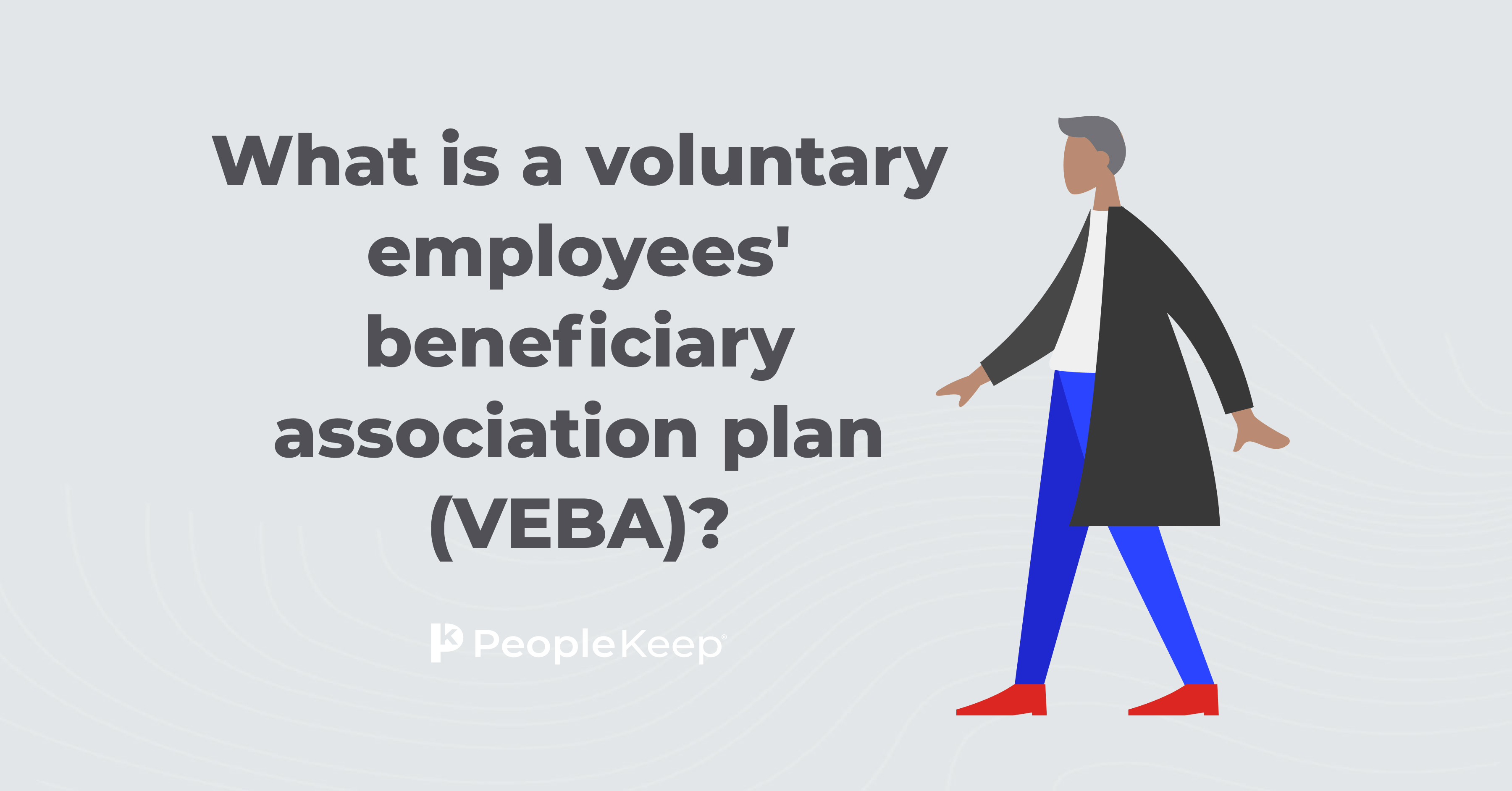The 90 Day Waiting Period Rule and HRA Plans
By PeopleKeep Team on February 18, 2013 at 3:20 PM
Due to health care reform, effective January 1st, 2014, a Health Reimbursement Arrangement (HRA) may not impose a waiting period that exceeds 90 days. Read on for an overview on what this means for HRA plans.
What is an HRA Plan?
An HRA Plan is an IRS-approved employer health benefit plan where an employer reimburses an employee for health insurance premiums and out-of-pocket medical expenses such as doctor visits and prescription drugs. An HRA plan is not health insurance.
What is a waiting period?
Under existing law, the term waiting period means "the period that must pass ... before the individual [who is a potential participant or beneficiary] is eligible to be covered for benefits under the terms of the plan."
Generally, a waiting period is the period of time that must pass before a newly hired employee who is otherwise eligible for the HRA plan can become effective. Being eligible for HRA coverage means having met the plan’s eligibility conditions (such as being in an eligible job classification).
What does the 90-day waiting period rule mean for HRA Plans?
Starting January 1st, 2014, under PHS Act Section 2708, eligibility conditions that are based solely on the lapse of a time period are permissible for no more than 90 days. Other conditions for eligibility under the terms of a HRA plan are generally permissible, unless the condition is designed to avoid compliance with the 90-day waiting period limitation.
If, under the terms of an HRA plan, an employee may elect coverage that would begin on a date that does not exceed the 90-day waiting period limitation, the 90-day waiting period limitation is considered satisfied. Thus, a HRA plan will not be considered to have violated PHS Act section 2708 merely because employees take additional time to elect coverage.
What happens if an HRA Plan does not comply with the 90-day waiting period rule?
Violations by HRA plans are subject to the excise tax under §4980D of the Code, as well as other civil enforcement remedies under ERISA and the PHS Act.
Additional Resources on the 90-day Waiting Period Rule
Check out more resources
See these related articles

What is a voluntary employees' beneficiary association plan (VEBA)?
In this article, we’ll go over the basics of a VEBA, how they work, their pros and cons, and how they differ from health reimbursement arrangements (HRAs).

5 Reasons Employees are Passionate About Their Jobs
Ever wondered why some of your employees are more passionate about their jobs more than others? Here are 5 reasons why and the impact it can have on your small business.

What is a catastrophic health insurance plan?
Curious about catastrophic health insurance? Find out how these plans work and if they're the right fit for your healthcare needs in this helpful article.


